European firms say they’re being “left in the dark” by big tech gatekeepers ahead of Digital Markets Act
With the Digital Markets Act set to come into effect in March, European firms have called for greater transparency from big tech 'gatekeepers' on their plans


Sign up today and you will receive a free copy of our Future Focus 2025 report - the leading guidance on AI, cybersecurity and other IT challenges as per 700+ senior executives
You are now subscribed
Your newsletter sign-up was successful
European tech companies and industry groups have demanded better communication from tech “gatekeepers” ahead of the introduction of the EU’s Digital Markets Act (DMA).
An open letter from tech companies including VPN firm Proton and search engine Qwant, as well as industry bodies including the European Tech Alliance, said that the thousands of businesses they represent were worried about a lack of "effective" engagement from the companies that have been designated gatekeepers under the DMA.
“Gatekeepers have either failed to engage in a dialogue with third parties or have presented solutions failing short of compliance with the DMA,” the letter said.
“Businesses and consumers are largely kept in the dark as to what is going to happen after 7 March 2024,” the letter said.
In September 2023, the European Commission said that Google’s parent company Alphabet, along with Amazon, Apple, ByteDance, Meta, and Microsoft were considered ‘gatekeepers’ under the DMA.
Under the terms of the legislation, the European Commission can designate companies as gatekeepers if they provide a key ‘gateway’ between businesses and consumers through their core platform services.
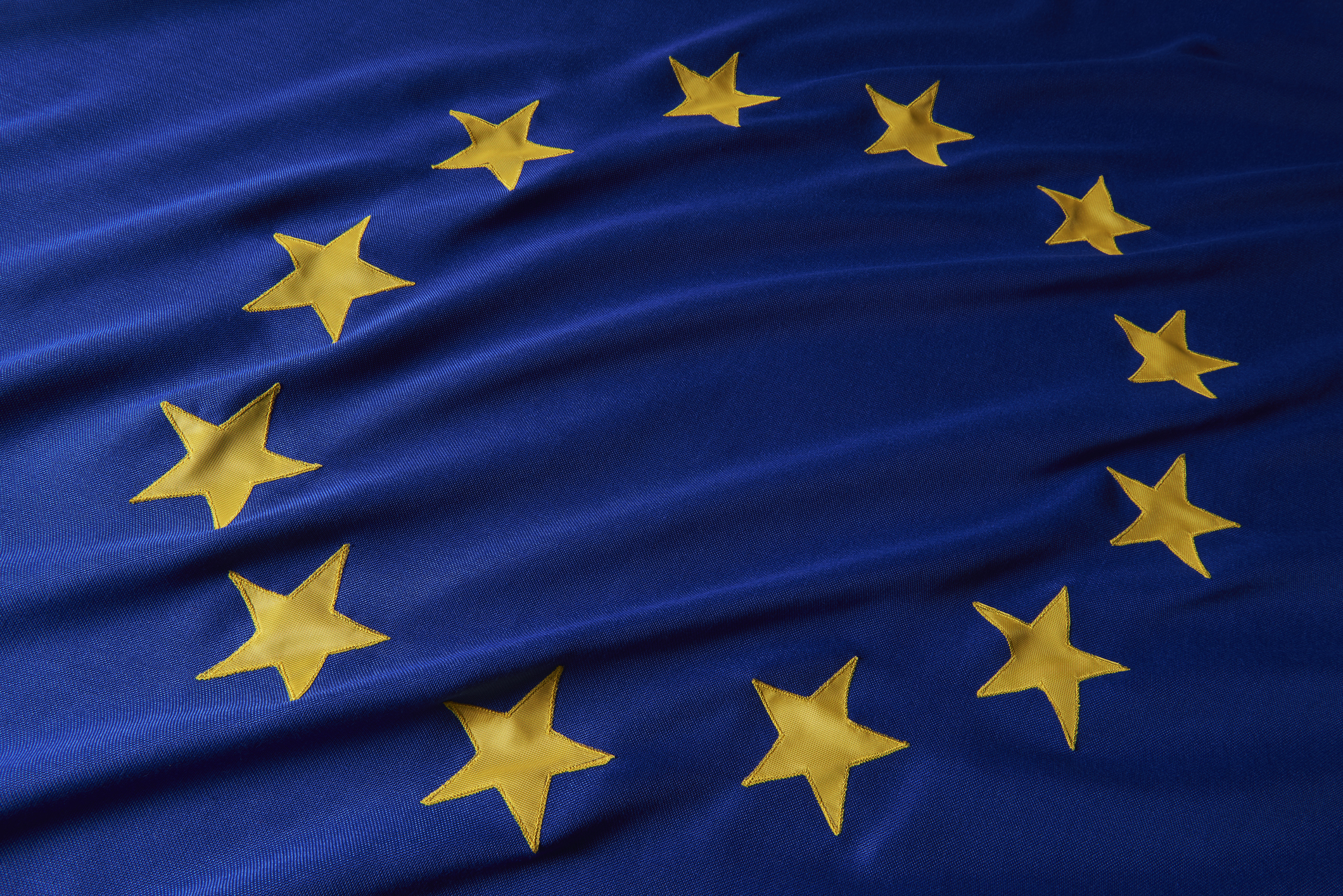
In this case, the EC said it counted 22 core platform services in total across the six gatekeepers in areas including search, social networks, browsers, operating systems, and video sharing.
Sign up today and you will receive a free copy of our Future Focus 2025 report - the leading guidance on AI, cybersecurity and other IT challenges as per 700+ senior executives
The new rules establish new obligations for gatekeepers, which have six months to ensure compliance for each of their core platforms. That means they have until 7 March to get ready.
How the Digital Markets Act will work
For example, in some situations, they may have to allow third parties to interoperate with their own services, enable business users to access the data they generate by using the gatekeeper’s platform, and provide companies advertising on their platform with tools to carry out their own independent verification of their ads.
Gatekeepers will also be forced to allow businesses to promote their offers and make deals with customers outside the gatekeeper’s platform.
According to the EC, gatekeeper platforms can no longer treat their own services and products more favorably in ranking, or prevent consumers from linking up to businesses outside their platforms.
They also can’t stop users from uninstalling any pre-installed software or app, or track end users outside of the gatekeepers' core platform service for advertising without their explicit consent.
The consequences of non-compliance can be painful for these gatekeepers, including fines of up to 10% of the company’s total worldwide annual turnover, or up to 20% in the event of repeated infringements.
RELATED RESOURCE

Get a comprehensive evaluation of the conversational AI platform (chatbot) market
DOWNLOAD NOW
In their letter, the European tech firms and industry groups said the DMA will affect how millions of consumers and business users interact with social networks, app stores, online shopping, video sharing services, and more.
“It will constitute a paradigm shift in digital markets, with one fundamental objective: the creation of fair and contestable digital markets in Europe,” the letter reads. “It should put an end to anticompetitive practices that led to higher prices for consumers and slowed innovation in Europe.”
The launch of the Digital Markets Act in March 2024 will mark the “beginning of the new era”, the consortium said, and one that will improve competition for smaller businesses across the union.
“It would be regrettable if that new era began with a false start, which will happen if the gatekeepers do not constructively engage with third parties, including business users and consumer associations, before 7 March on how they intend to comply with the DMA,” it said.
The letter said the gatekeepers should engage “as soon as possible” with businesses and others in a constructive dialogue and make "swift progress on their proposed compliance solutions".
Steve Ranger is an award-winning reporter and editor who writes about technology and business. Previously he was the editorial director at ZDNET and the editor of silicon.com.
-
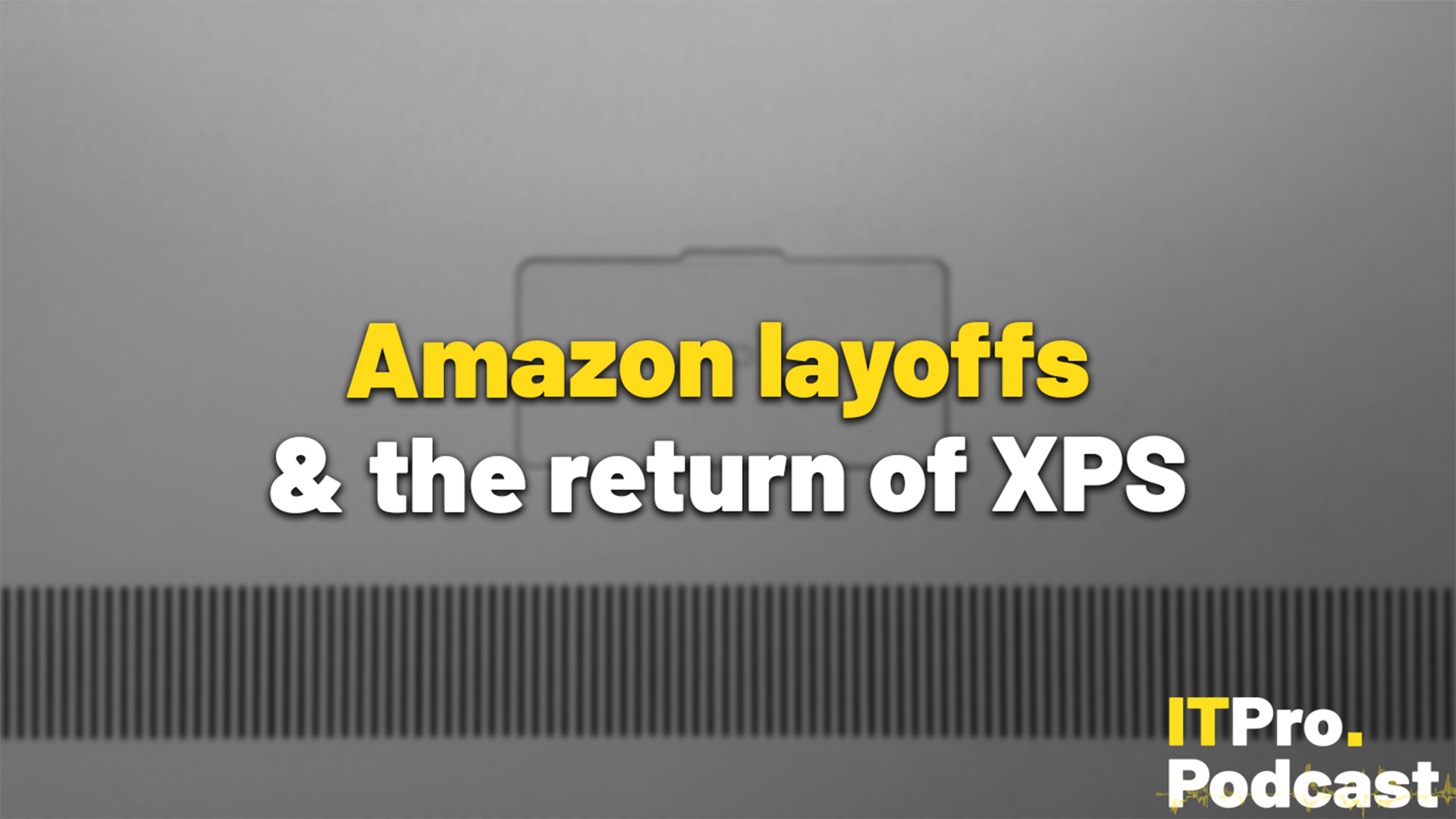 January rundown: Amazon layoffs and the return of XPS
January rundown: Amazon layoffs and the return of XPSITPro Podcast This year's tech layoffs have just begun, as Amazon sheds 16,000 workers in one go
-
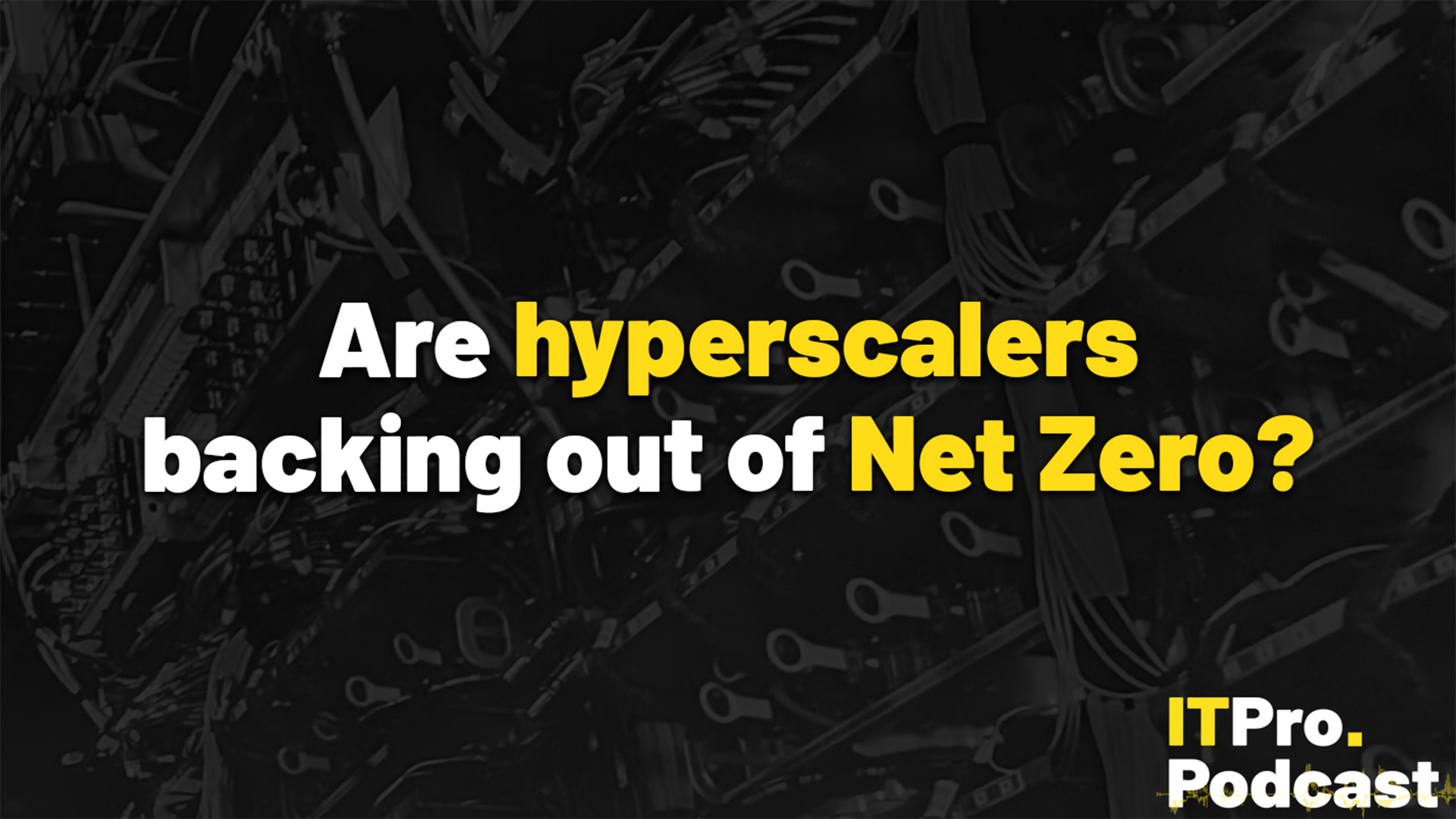 Are hyperscalers backing out of Net Zero?
Are hyperscalers backing out of Net Zero?ITPro Podcast Expanding data center construction and demand for high-energy workloads are pushing hyperscalers off course on carbon
-
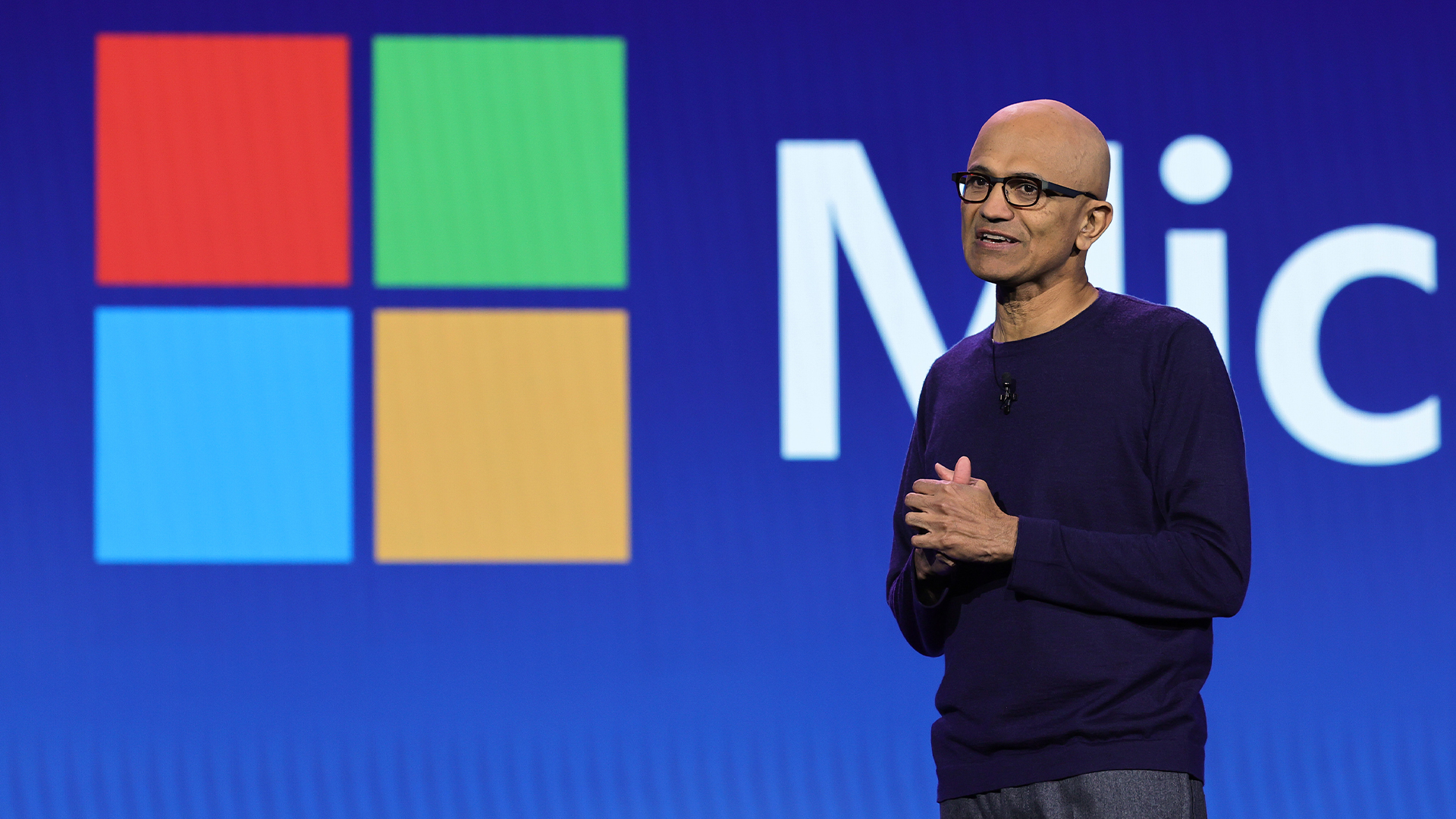 Microsoft’s huge AI spending still has investors sweating despite solid cloud growth
Microsoft’s huge AI spending still has investors sweating despite solid cloud growthNews Capital spending at Microsoft continues to surge, despite previous claims it would cool down
-
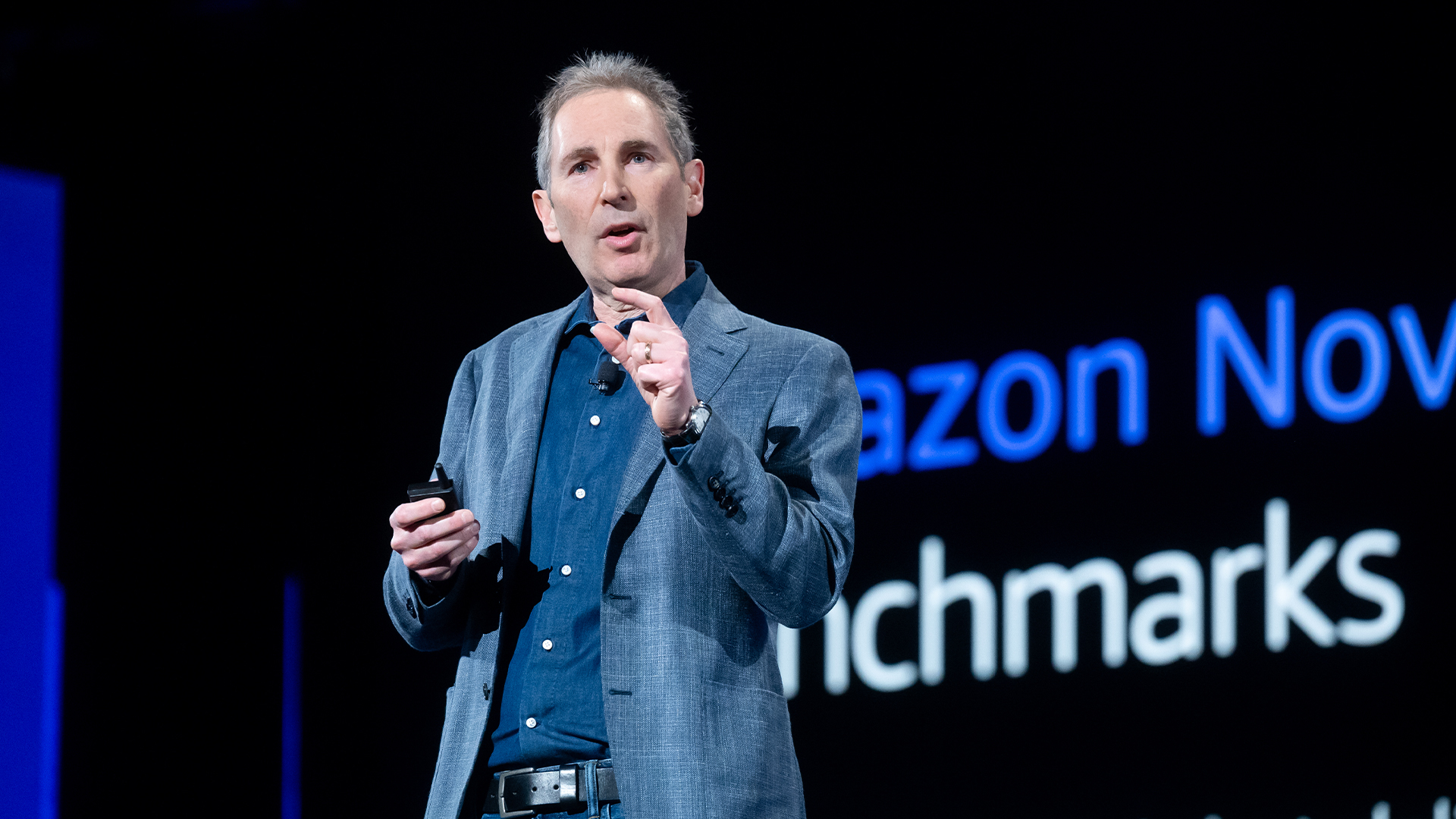 Amazon is cutting 14,000 roles in a bid to ‘operate like the world's largest startup’
Amazon is cutting 14,000 roles in a bid to ‘operate like the world's largest startup’News The layoffs at Amazon mark the latest in a string of cuts in recent years
-
 Microsoft CEO Satya Nadella says UK ties are 'stronger than ever' as tech giant pledges $30bn investment
Microsoft CEO Satya Nadella says UK ties are 'stronger than ever' as tech giant pledges $30bn investmentNews Microsoft CEO Satya Nadella says it's commitment to the UK is "stronger than ever" after the tech giant pledged $30bn to expand AI infrastructure and build a new supercomputer.
-
 Why is Meta still funding the metaverse?
Why is Meta still funding the metaverse?Analysis VR hype seemed to evaporate as fast as it arrived. Has the money Meta has sunk into it folly, or part of a larger strategy that's yet to bear fruit?
-
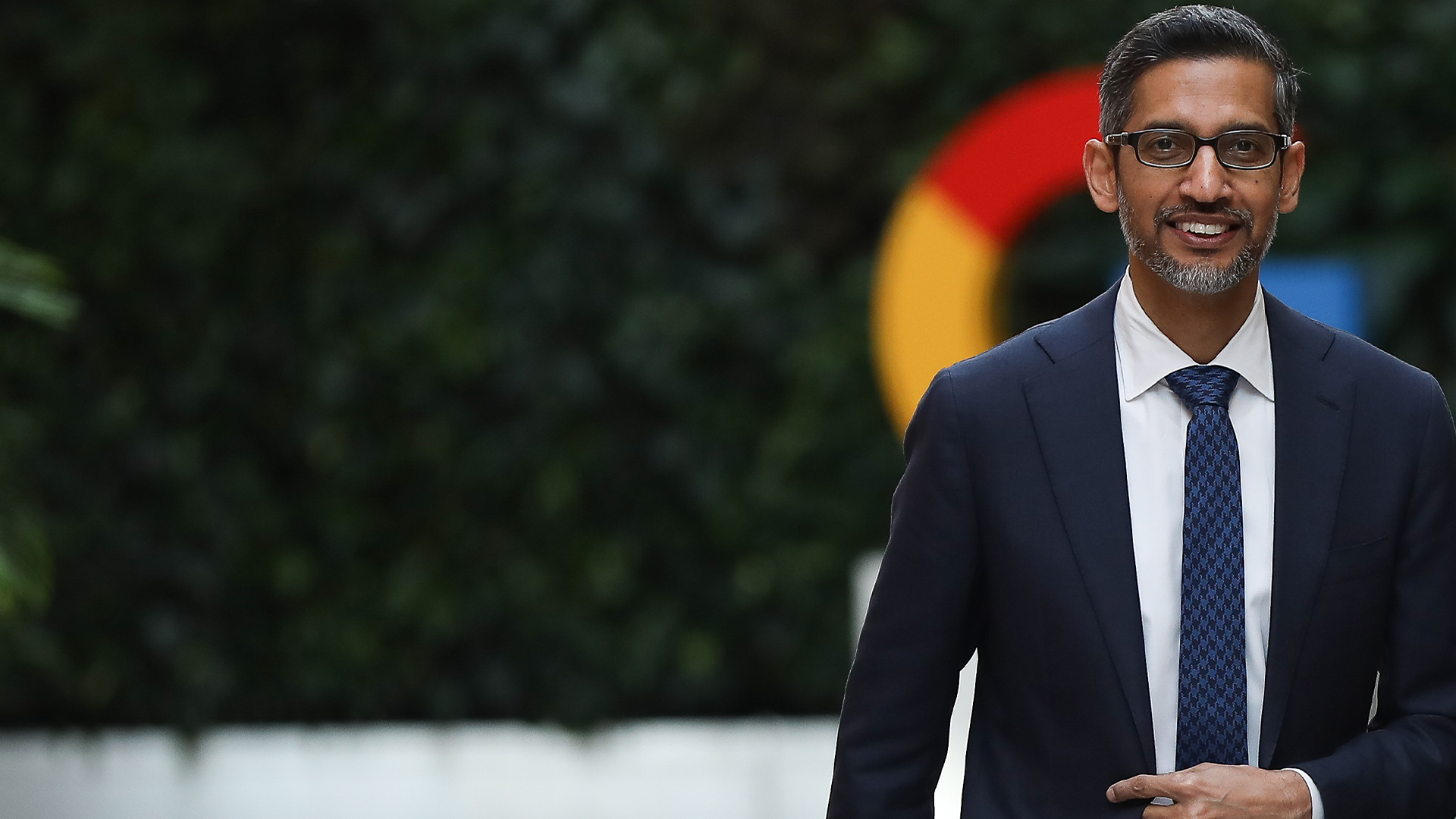 Alphabet to spend $10bn more this year on cloud kit — taking total to $85bn
Alphabet to spend $10bn more this year on cloud kit — taking total to $85bnNews Google tops up AI and cloud infrastructure spending amid AI boom and positive results
-
 Meta isn’t playing ball with the EU on the AI Act
Meta isn’t playing ball with the EU on the AI ActNews Europe is 'heading down the wrong path on AI', according to Meta, with the company accusing the EU of overreach


